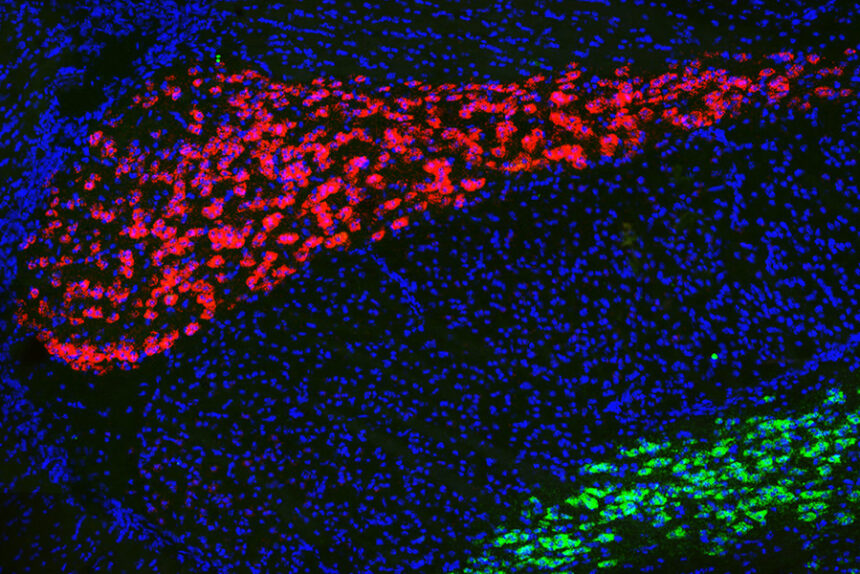In a study of mice, researchers at the Massachusetts Institute of Technology established a brain circuit located in the anterior thalamus that when enhanced can improve spatial memory, including navigation through mazes.
The study, published in the Proceedings of the National Academy of Sciences, provides a novel target for future treatment development in memory loss among the elderly.
A better understanding of how the thalamus controls cortical output may make it easier for researchers to target specific locations in the brain necessary without affecting other parts of the brain.
“The significance of this study is threefold: First, the anteroventral subdivision of anterior thalamic nuclei is necessary for working memory maintenance; second, aged mice showed a decrease in the excitability of anteroventral thalamic neurons, which correlated with a working memory impairment; and third, activating anteroventral thalamic neurons in aged mice was sufficient to improve their working memory,” the study’s authors explained in their PNAS report.
“These results suggest that targeting anteroventral (AV) thalamus in aging may not only be beneficial for cognitive functions but that this approach may have fewer unintended effects compared to direct prefrontal cortex (PFC) manipulations.”


